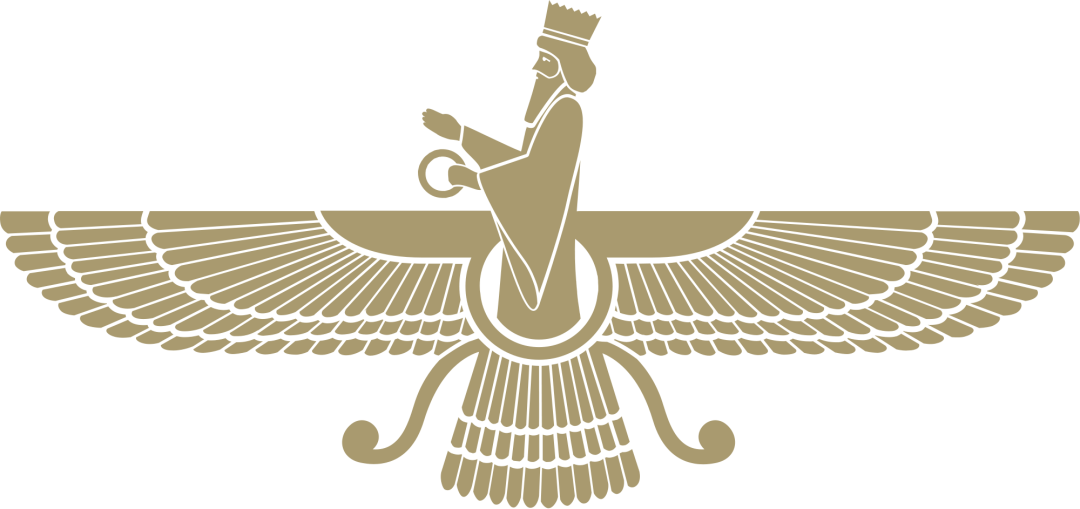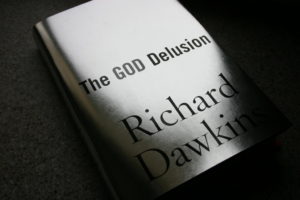“We’re all atheists about most gods; atheists just go one god further” is a one-liner popular among atheists today. The quip should be used less frequently as it represents atheism only partially accurate. The line is “sticky” in popular consciousness because it is funny; it is funny in the incongruous, implausible sense because we intuit that it doesn’t fully represent what makes atheism significantly different from theism; and this intuition should be a clue that it is not, indeed, a good representation of atheism.
The phrase in question should be familiar to anyone who has done a recent reading on atheism. In the early days of the Internet, in 1995, Stephen F. Roberts used this tagline on the alt.atheism newsgroup: “I contend we are both atheists. I just believe in one fewer god than you do. When you understand why you dismiss all the other possible gods, you will understand why I dismiss yours.” That same year, Ibn Warraq published Why I Am Not a Muslim, in which he wrote, “Monotheism is in its turn doomed to subtract one more God and become atheism.” A character in Peter de Vries’s novel The Blood of the Lamb (2005) referred to monotheism as “just a step from the truth.”
The New Atheists picked up the theme with gusto
Richard Dawkins in The God Delusion (2006) pointed out that modern religious people are atheists “when considering Zeus, Apollo, Amon Ra, Mithras, Baal, Thor, Wotan, the Golden Calf and the Flying Spaghetti Monster. I just go one god further.” Christopher Hitchens in God is Not Great (2007): “From a plurality of prime movers, the monotheists have bargained it down to a single one.
They are getting ever nearer to the true, round figure.” Guy P. Harrison in 50 Reasons People Give for Believing in a God (2008): “Remember, both the believer and the atheist are doubters. They reject many gods alike. The only difference is that the atheist went all the way and left no god unchallenged.” Possible ancestors of this idea may go back to Thomas Jefferson who wrote in Notes on the State of Virginia (1782): “It does me no injury for my neighbor to say there are twenty gods or no god. It neither picks my pocket nor breaks my leg.”
What can be said in favor of this shorthand phrase is that it’s a first step toward demonstrating the reasonableness and commonality of the atheist position. If it is reasonable for a Christian to disbelieve in Krishna, a Hindu to disbelieve in HaShem, and a Jew to disbelieve in Jesus, surely it is reasonable for an atheist to simultaneously disbelieve in all three of these gods. Religious people have reasons for their disbelief in multiple rival gods. The atheist shares the same disbeliefs and possibly even the same reasons for the disbelief. This should make atheism seem less frightening and mysterious and reveal it as just another a human attempt at making sense of the world.\
Atheism, not a religion
However, when the “one god further” trope fails to be perceived as a joke, it can misrepresent atheism as a type of religion. It makes this implication by minimizing the difference between the theist and the atheist, claiming that they’re using the same reasoning process and that their separate conclusions are nearly equally reasonable. The error occurs in the implication that what is significant about religious belief is its associated disbelief in competing propositions. “We’re just like you,” the atheist seems to say, “only we go one god further.” We know this isn’t true; there are significant differences between the theist and atheist orientations, and they have to do with the positive rather than the negative beliefs. It makes quite a bit of difference if one focuses on the idea of supernatural beings who interact with the world (as the religious person does) or on the idea that human thought, emotion, and moral value derive from material processes (as the atheist person does). According to the aforementioned, commonly used definition of religion as a belief in spiritual beings (as famously described by nineteenth-century British anthropologist E. B. Tylor), atheism is not a religion.
 Atheists do not theologize as theists do. They do not peer into the theological stratum, scanning the horizon for gods as hunters waiting for deer. Rather, they deny the existence of the heavenly spheres altogether without having first inventoried all the gods who might be in it. This is significant because insofar as atheism denies the major province of religion, it behaves considerably unlike a religion. It isn’t as simple as monotheism minus one.
Atheists do not theologize as theists do. They do not peer into the theological stratum, scanning the horizon for gods as hunters waiting for deer. Rather, they deny the existence of the heavenly spheres altogether without having first inventoried all the gods who might be in it. This is significant because insofar as atheism denies the major province of religion, it behaves considerably unlike a religion. It isn’t as simple as monotheism minus one.
One might try to defend the “one god further” line from another angle. Atheism lends itself to scientific, rather than faith-based, inquiry, and the idea of atheists going “one god further” does, in a way, back up the image of scientific inquiry. If one wished to investigate the possibility of the existence of some-god-or-other using a scientific method of inquiry, a systematic review sounds like a good way to do it. One could make a list of all possible gods and review their plausibility one-by-one. Reaching the end of the list and finding no plausible gods, one could conclude that atheism has a rational basis and is emphatically not “just another faith.”
Religious or Nonreligious
However, the problem is that this is precisely not how anyone – religious or nonreligious – actually investigates the question of God. No one draws up a list of five hundred gods which she then proceeds to review dispassionately, objectively, and sequentially, either screeching to a halt on God #187 with a “Eureka!” and “Hallelujah!” or else experiencing a dawn-cracking satori as her pencil ticks off God #500 and she arrives at the staggeringly new insight that she is an atheist. Again, if it were practical to assemble a finite and complete list of gods and to review each one in detail, this process of elimination would be a perfectly rational approach. Yet it is psychologically unrealistic. Most of us are exposed only to one or two gods in detail during our formative years, and most of us seem to be predisposed toward spiritualist or rationalist leanings as part of our unique personalities which we bring as tinted lenses to the study of whatever god our parents might present to us. After a few years of reflection in young adulthood, most of us have a sense of our general attitude toward the religious belief that tends to be a fairly stable predisposition for the rest of our lives. We usually develop our own brands of religion or atheism by chiefly contemplating one god, not several with equal attention, and certainly not legion. Atheists do not sit at home pondering vast lists of gods any more than theists do. Anyone who bothers to create or review such time-consuming, quirky inventories surely already has some prejudice that will bias her conclusion.
Therefore, atheists should avoid relying on the “one god further” line to support their arguments. When the humor becomes stale, the comment will be seen to carry little philosophical weight. As we have seen, it pretends to show that we all share the same lack of certain beliefs (which is not very interesting or meaningful) and it is not descriptive of the way that people actually develop their belief systems. Instead of over-using this joke, atheists should focus on the positive beliefs that they share with theists-such as beauty, truth, and compassion-and the divergent ways that atheists and theists explain their acquisition of these beliefs.







